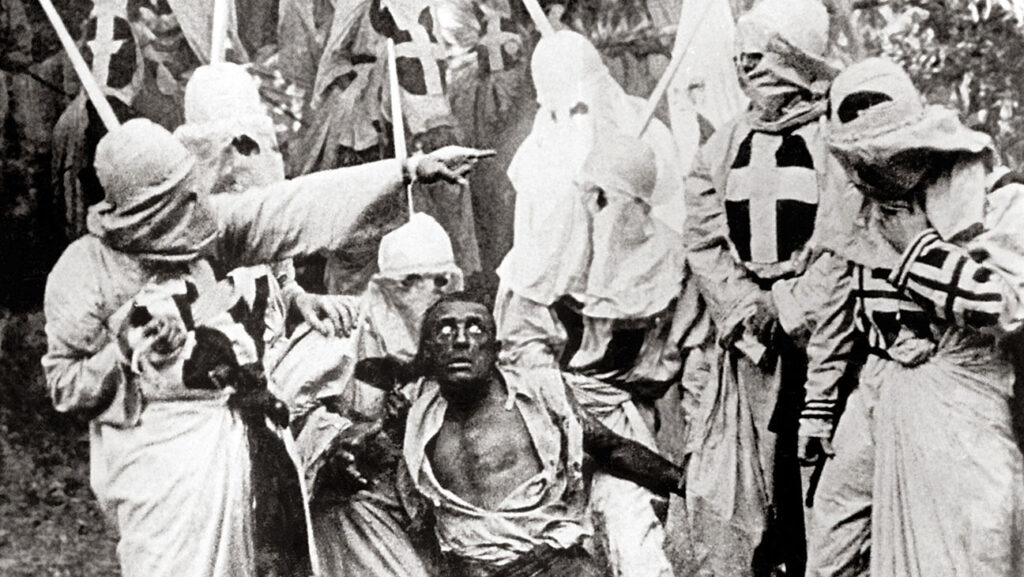
In his review of Edward Ball’s Life of a Klansman: A Family History in White Supremacy in the November 18 issue of The New York Review of Books, Colin Grant writes that “The vexed [viewers of The Birth of a Nation] included President Woodrow Wilson who, after a private screening in the White House, is alleged to have said, ‘It is like writing history with lightning, and my only regret is that it is all so terribly true.'”
For most of my life, I’ve been repeatedly encountering the first phrase in Wilson’s alleged statement, usually in supposedly reputable sources, but never until now have I read the second phrase in the sentence, which changes the meaning of the first. The first phrase, as a standalone statement, functions like an advertisement for the film; the second, for all its ambiguity, adds regret and consternation to the sentiment. Assuming that Wilson actually said this, what he meant precisely by “terribly true” may continue to elude us, but it suggests to me something other than an simple endorsement of the film. When Griffith’s film continued to be shown at Klan rallies in my home state of Alabama during my childhood (ironically, one of the rare occasions when a silent film was still being shown there for any reason), I would imagine that the first part of Wilson’s sentence could have been used to promote the event, but the second part, which might have shed certain doubts about the Klan’s triumphant lynching in the film,, would have most likely been left out. Consequently, the suppression of the same phrase in most reputable texts about the film sounds like complicity — promo, not analysis or reflection. [11/9/2021]
